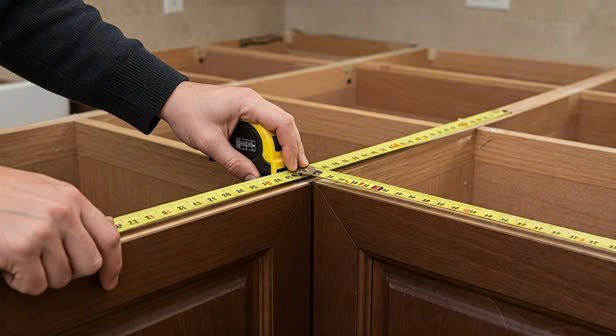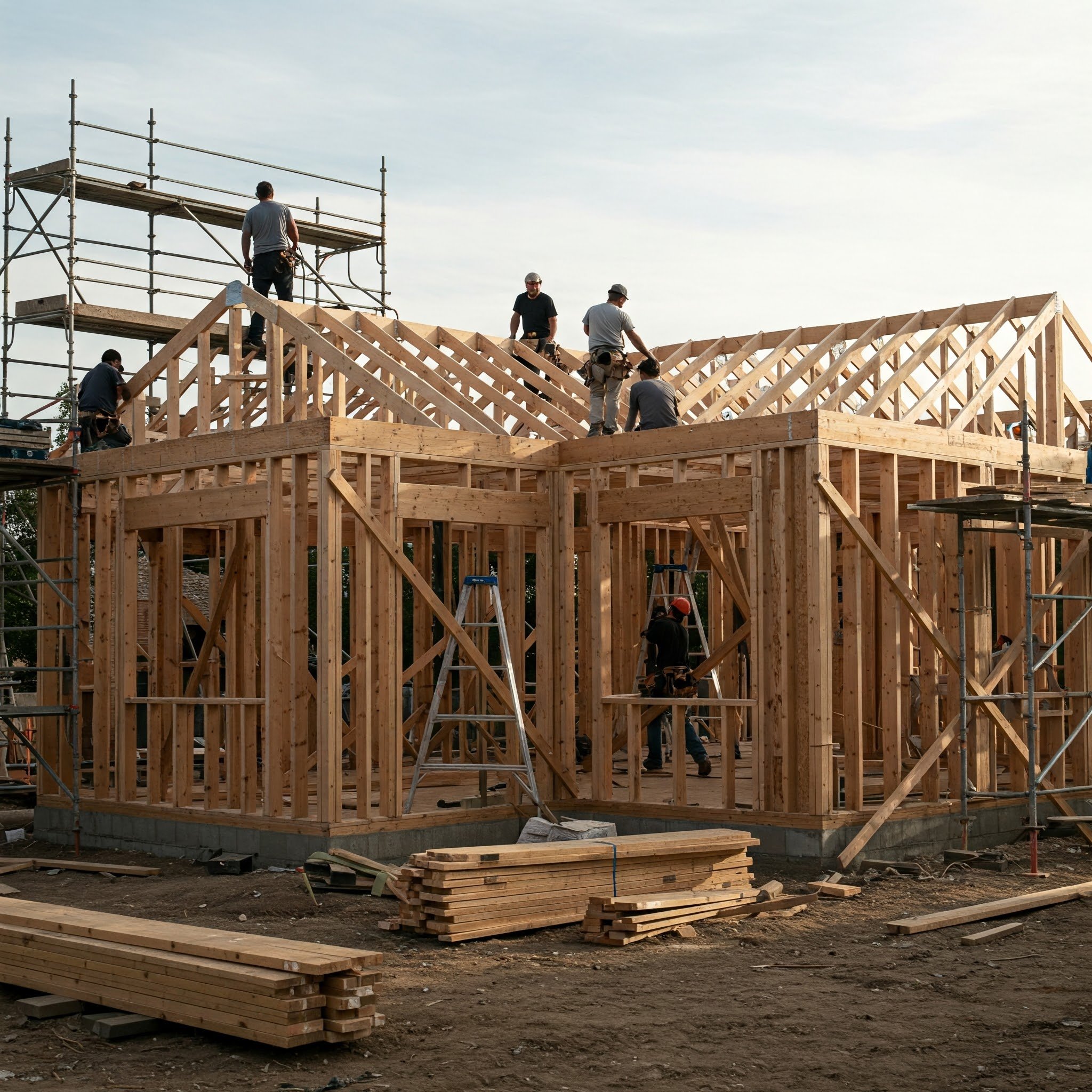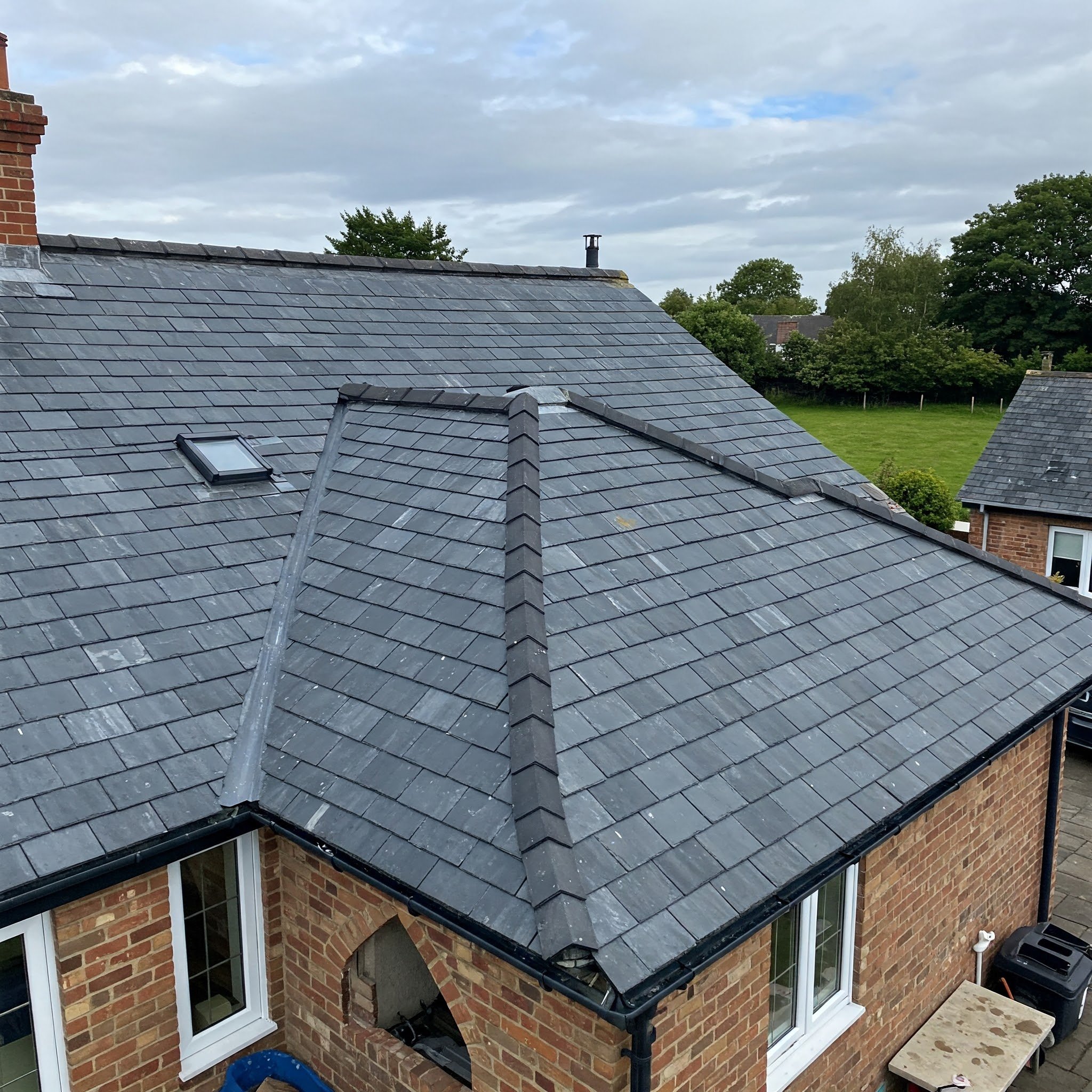How to Keep Your Home Heated Efficiently
Discover effective strategies to keep your home heated efficiently. Learn tips on insulation, maintenance, and energy-saving practices to ensure a warm and cost-effective living space.
So you wanna keep your home warm and toasty without burning a hole in your wallet, right? Well you've come to the right place. Keeping your home heated efficiently is a blend of using the right tools.
Making smart choices also helps.
Maybe tweaking a few habits here and there is beneficial. Let's dive into the nitty-gritty of how you can stay warm. Save some cash at the same time.
Understanding Your Heating Options
First you gotta know what you're working with. There are bunch of ways to heat your home. Some are way more efficient than others.
Furnaces: Central heating systems that use air, gas, or oil.
Boilers: Central heating systems that use water or steam, typically powered by gas, oil, or electricity.
Heat Pumps: Devices that transfer heat from the outside air or ground into the building; can be air-source or ground-source (geothermal)---we’ll talk more about these later.
Radiant Heating: Systems that use heated water or electric elements to warm floors, walls, or ceilings.
Electric Heaters: Stand-alone units or baseboard heaters powered by electricity.
Wood or Pellet Stoves: Units that burn wood or pellets to produce heat.
Solar Heating: Systems that use solar panels to collect and convert sunlight into heat.
Underfloor Heating: A type of radiant heating installed beneath the floor surface.
Combined Heat and Power (CHP) Systems: Systems that generate electricity and use the waste heat for building heating.
Hydronic Heating: Systems that use hot water circulated through pipes and radiators or underfloor heating systems.
Insulation – The Unsung Hero
Insulation keeps the warm in and the cold out. It's key to staying warm.
Walls and Roof: Check your walls and roof have good insulation. It's like giving your house a warm hug.
Windows and Doors: Got gaps in your windows and doors? Seal them with strip or caulk. Lots of heat slips out those small gaps.
Smart Thermostats – Your New Best Friend
Upgrade to smart thermostats—they're great! They learn your routine and adjust the temperature for you. Plus, you can control them from your phone. How convenient!
Regular Maintenance – A Stitch in Time
Don't forget about regular maintenance. Just like your car needs an oil change, your heating system needs check-ups too. Catching problems early can save you money in the long run.
Furnace Filters: Change these bad boys regularly. A clogged filter makes your system work harder.
Professional Servicing: Get a pro to check out your system once a year. It’s worth it in the long run.
Mind Your Habits – Little Changes, Big Savings
Sometimes, it’s the little things that make the biggest difference. Here are a few habits to help you keep warm and save money:
Lower the Thermostat: Knock it down a notch or two at night or when you’re not home. Even a small drop can save a lot.
Dress Warmly: Don’t lounge around in a t-shirt and expect to be warm. Throw on a sweater or grab a blanket.
Use Ceiling Fans: Sounds weird, right? But running your ceiling fan in reverse pushes warm air back down where you need it.
Zoning Systems – Heat Where You Need It
Zoning systems are a big change for home heating. Picture being able to heat different parts of your home separately, setting the temp for each area. So useful, right?
Now, without zoning: your heating tries to keep the same temp everywhere in the house. That means even rooms you don't use are getting heated, like leaving all the lights on in an empty room. Waste of energy and money.
With a zoning system, you can finally stop worrying about heating the whole house all at once, even when no one's in certain rooms. It basically breaks your home down into different zones, each with its own thermostat that you can control separately.
So, you can keep the living room all toasty and cosy during the evenings when the whole family's gathered there, but then lower the temperature in the bedrooms until it's time to hit the hay. Or, you can keep your home office nice and toasty while keeping the rest of the house cooler during the day. It's a great way to save money and keep everyone comfortable!
Heat Pumps: A Sweet Choice for Heating Your Home the Smart Way
Want to know about the coolest gizmos ever invented for heating your home? Get yourself a heat pump, by which I mean one of those contraptions that draws cold air from outside (even if it is -30 degrees Centigrade outside) and pumps it into your house. They are the best. And they are so clever that, to do their job, they don’t need much energy.
Why Choose a Heat Pump?
1. Energy Efficiency: Heat pumps are pure energy workhorses, drawing far less juice to shift heat than they do to create it from scratch, saving you big bucks on your energy bill.
2. Year-round Service: Okay, in addition to heating your home in the cold months, heat pumps will also cool your abode in the summer months! It heats when it’s cold and it cools you when it’s hot! All from one little machine!
3. Eco: A heat pump, by using less electricity than other ways to heat your home, means less reliance on fossil fuels. This is a huge environmental plus.
Grants and Incentives for Heat Pump Installation
All right, heat pumps aren’t exactly an inexpensive option. But before you panic, hear the good news: help is at hand. There are so many grants and incentives available to help you pay for one, and both federal and local programmes are beyond excited to cut you a cheque for part of the cost.
One of the best independent groups for tracking these numerous incentives is Heat Pump Advisor. You can use their website to see where the sweet deals are, and they’ll guide you through the process of applying for the best grants and incentives in your area.
Sealing Ducts – making the flow smooth
Oh man, leaky ducts are the worst, you know what I mean? They allow the warm air to escape, so your heater has to work so much harder to maintain the temperature in the house. That has to be burning a hole in your pocket, as well as having the added bonus of shortening the life of your system.
DIY Fix
If you find that you have some small leaks, you can try to cover them up with some good quality duct tape, make sure you don’t get the cheap one that will peel off in a couple of days.
Call in the Pros
For more serious cases of leakage, it may be wise to consult the services of a professional. It may be slightly more expensive to do it this way but it is far more worthwhile to do it properly the first time around.
Benefiting from the Sun’s Energy
The sun is in fact a big, free source of heat up there in the sky, so why not take advantage of it? In the daytime, rise and pull up the curtains and let the warm sun come into your house. Honestly, you should try it sometime; the sun is the most natural heater you can ever imagine.
When the sun begins to set and the room cools down a little, draw those curtains or lower those blinds to lock in all that warm air. I assure you this makes a big difference!
Keeping the Heat In: Easy Peasy Tips
All right, here are some super simple ideas to help keep your home nice and toasty: All right, here are some super simple ideas to help keep your home nice and toasty:
1. Place mats and soft carpets on the bare floors to give some warmth.
2. Get a door draft stopper, it is a total saviour for old homes and for preventing outside drafts.
3. To ensure that the heat is not wasted, close doors of rooms that are not in use at the moment to retain the heat in the rooms that require it.
Conclusion
You don’t need to sweat it (pun intended) when it comes to keeping your home heated efficiently. Keeping your home toasty doesn't have to be a huge hassle or a bank-breaker. Just follow these simple tips and tricks, and you'll be snuggled up like a bug in a rug in no time.






























